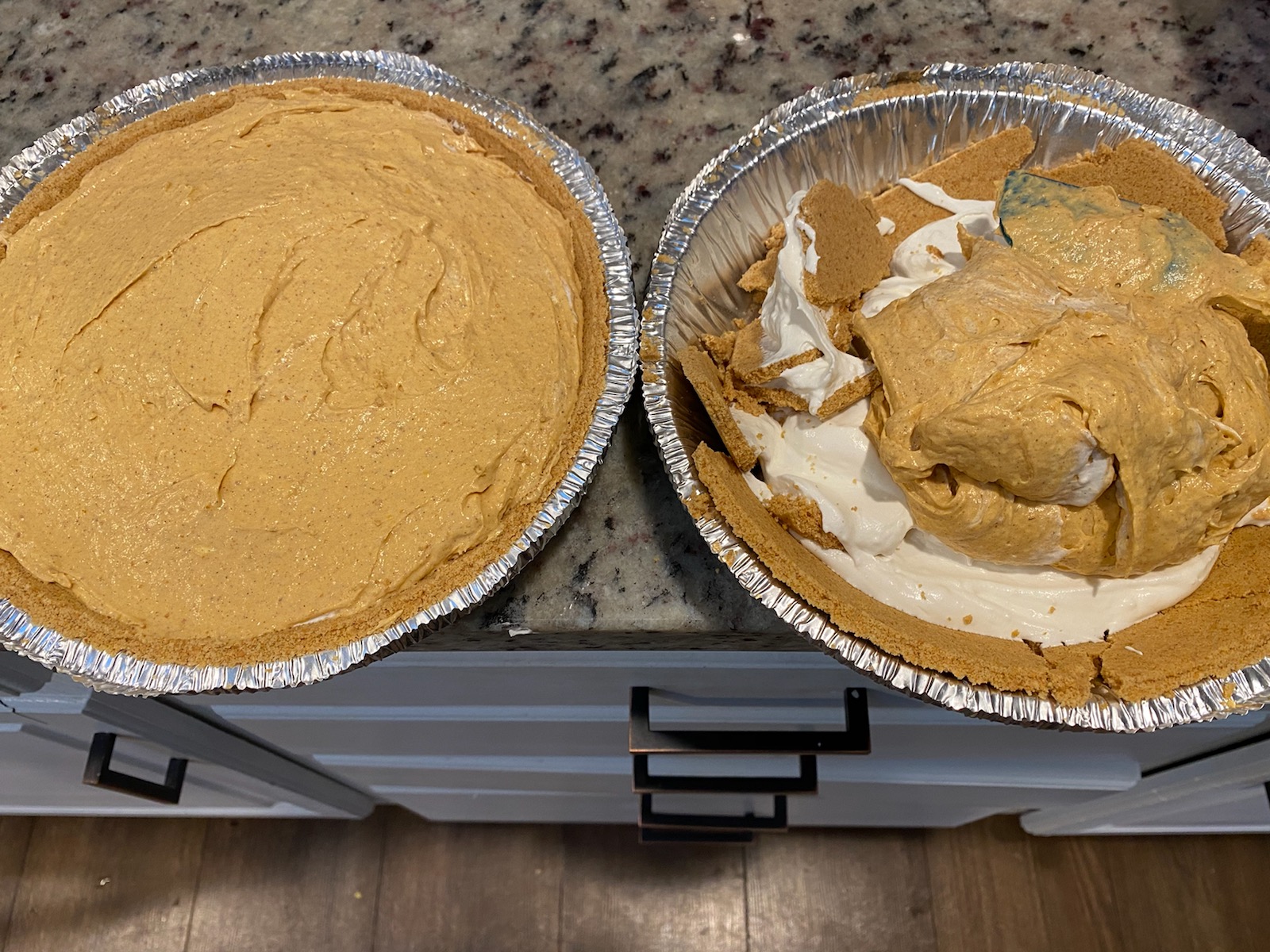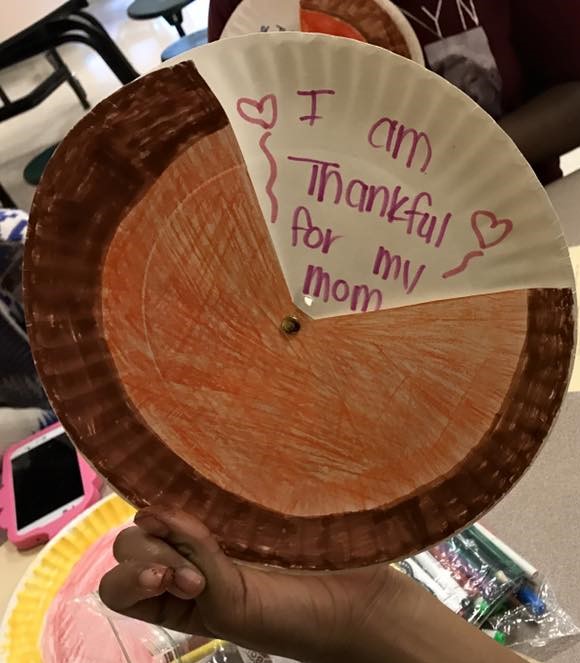Usually, we can anticipate certain life events and traditions every year like celebrating at birthday parties, or joining cookouts in the summer, or hosting gatherings for holidays. Because of Covid-19, this year has not followed typical expectations.
When families experience significant unexpected events, they are called nonnormative transitions or unanticipated transitions. Examples include job loss, loss of sense of security due to violence, or loss of a child or loved one. Other unexpected family life events might be accidents, incarceration, grandparents raising grandchildren, or health problems. Natural disasters, war, and pandemics are additional examples. Not all nonnormative transitions are negative. Some positive examples are winning the lottery, gaining an unexpected family member, or a new job offer.
Even if a nonnormative transition is not negative, they are often stressful. One positive role they can play is offering the potential for learning and growth. Another important point about nonnormative transitions is that we, “generally do not have guidelines or standards to follow. Families often find themselves feeling their way in the dark as they negotiate unfamiliar territory” (Myers-Walls & Willis Hepp, 2019). Although this can be stressful, there is an opportunity to try out new ways to proceed.
All of this is to say that family life, “does not move in one smooth, steady line. There are curves, bumps, and transitions” (Myers-Walls & Willis Hepp, 2019). This photo shows two pie pans of Double Layer Pumpkin Pie. The pie on the left is what the typical recipe should look like. The pie on the right is what it looks like when a bowl with the second layer of filling is dropped right into the pie pan. Dropping a bowl in a pie pan is not the same as a nonnormative transition but I would like to offer this visual as a reminder of the following tips for unanticipated and stressful times:
- Continue to identity and address stress. Whether it’s eating healthy during stressful times, getting enough sleep and exercise, or choosing to watch funny movies, find out what works for you and your family. I don’t cry over spilt milk – or dumped pies – because of mindfulness.
- Keep learning. In this very basic example, we tried a new recipe for Double Layer Pumpkin Pie. My family liked the recipe and the messed up one tasted good too, despite the non-layers. Try a new recipe, a new game, a new exercise, a new book, or a new way to be “together” while socially distancing.
- Share and connect with others. Once again, this is just a photo of a dumped pie, not a life crisis but it is OK to share our mistakes, our messes and our learning moments with friends and loved ones. We are not alone in experiencing stress as well as negative emotions. No one has a definitive guidebook of how families should successfully manage a pandemic. We can keep learning and sharing.
- Be grateful. In the midst of the reality of missing anticipated events in 2020, or the sense of loss with other nonnormative transitions, there is also value in appreciating the things which bring you gratitude. The photo below shows a picture of a paper pie project with gratitude notes in the different slices of the pie. This example is from an adolescent sharing, “I am thankful for my mom”.



